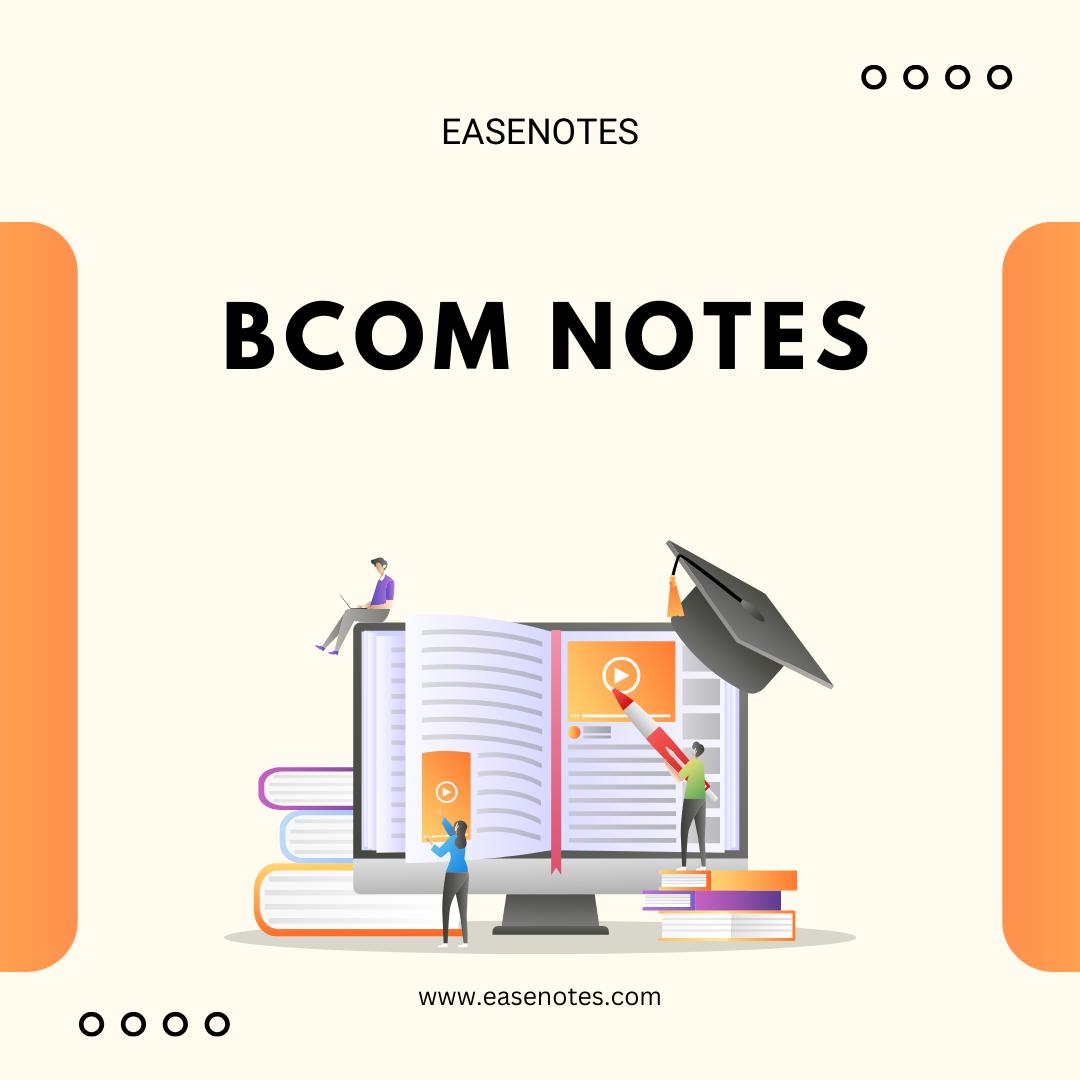
- contact@easenotes.com
- Phone: (+91) 9964716807

BCOM - COM.5.1-Financial Management BCOM Notes
BCOM University notes on 5th SEM BCOM 3rd Year 2022 scheme notes 2024. Study materials and previous year question papers on easenotes 2024.
